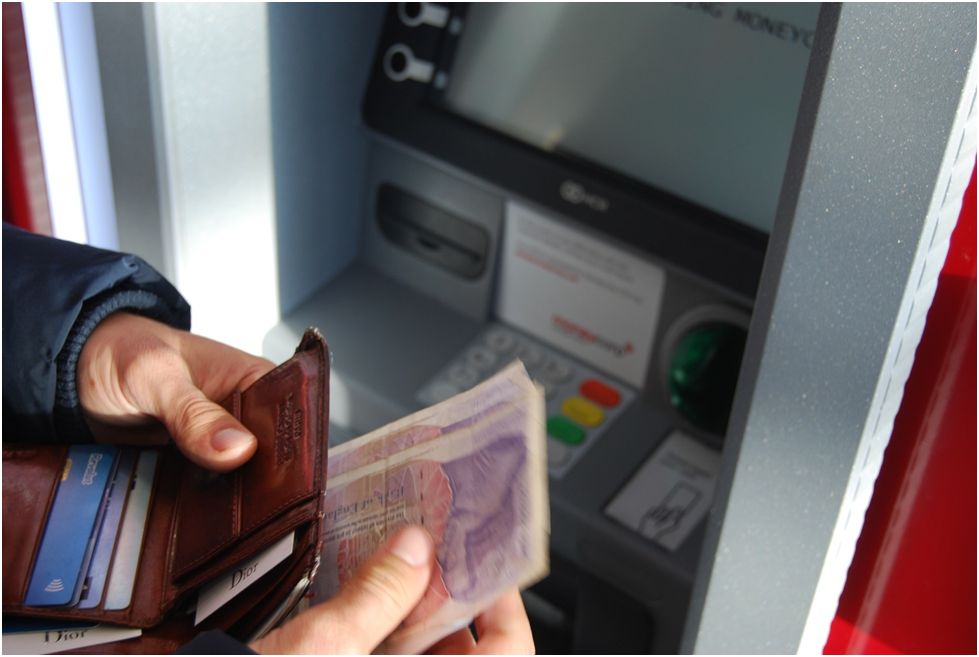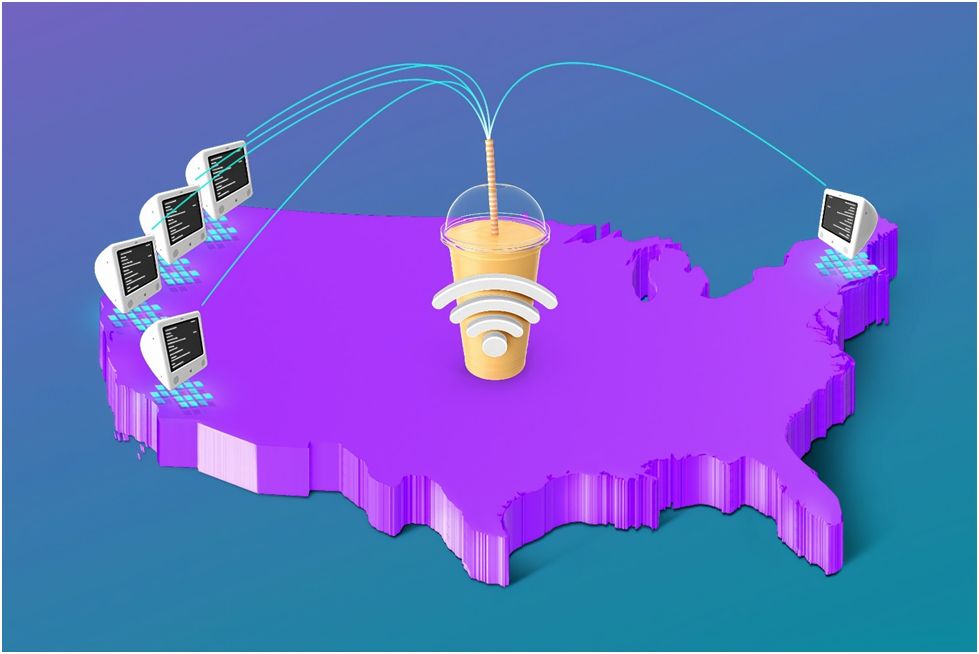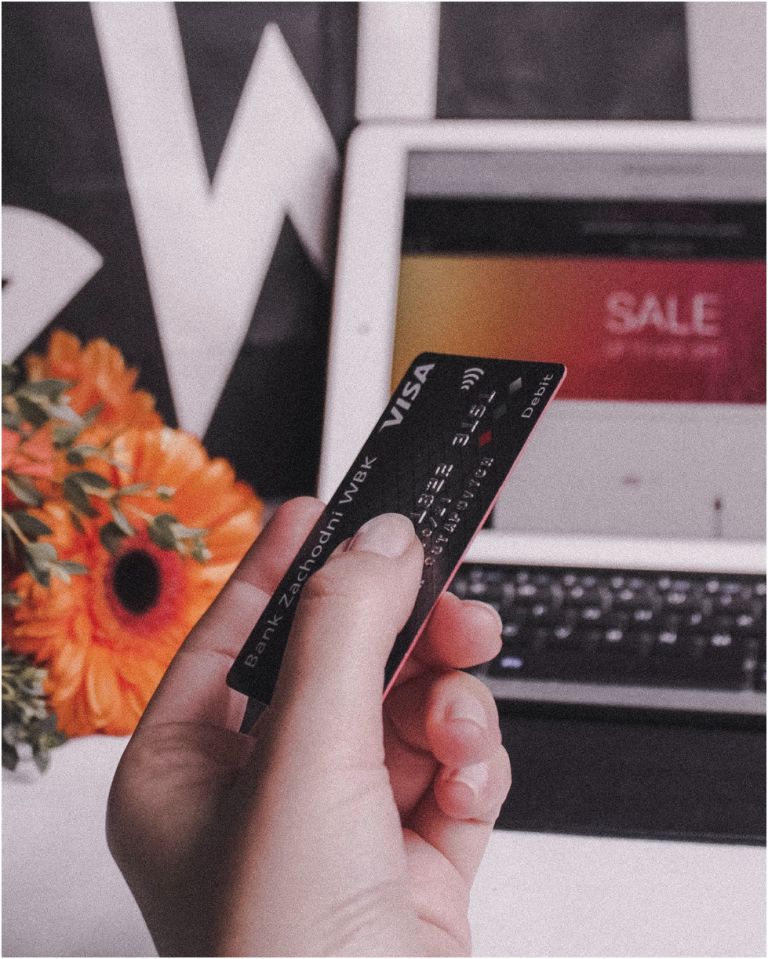What brings you here? Is it to find out whether online banking is safe? Or has the inevitable happened already? Either way, you’re going to have answers to all in no time. Keep reading…!

Let’s get some facts straight
Yes, online banking is safe and not safe at the same time. It’s a fact that no matter how many cases we’ve bore witness to, you and I somehow still manage to find our way back to online banking. The digital world is the new norm. Almost everyone around the globe is an active part of the internet banking world.
It is a given fact that the majority of mass hackings or online break-ins happen where the crowd is always flowing. Because the rate of online banking has become increasingly popular, this raises the bar for mass targeted attacks towards it.
In fact back in 2011, reportedly over $2.7 million worth of damages were stolen from a total of 3,400 accounts.
Is online banking safe?
Yes, and no.
It honestly depends on how you use it and the measures you take to secure your connection. With the rapid increase in online attacks, it’s very likely that your accounts are attainable. It raises the bar in concern but, if you follow through with suitable measures, you could help lower the risks.
What could go wrong with online banking?

There are various kinds of attacks when you’re a part of the online banking world. Yes, the risks are high, but then doesn’t mean you should stop using it. There are ways to protect your online presence and your accounts from being infiltrated. I’ll get to that later on.
For now, let’s talk about the kinds of online attacks that can result in you losing big bucks straight out of your accounts.
- Identity theft
- Phishing scams
- Pharming
- Keylogging
Identity theft
There are cases where the perpetrator doesn’t need to try really hard to break into your account. We sometimes might leave little bread crumbs online, containing extremely sensitive information relating to your bank accounts.
It can be your social security numbers, identification details, passwords etc. All this and more can be used to steal your identity and hack into your accounts.
On the other hand, if the attack is ever targeted towards just acquiring all of your details; targeting a hack towards another account using these details, the hacker will roll away with it easily. This is because they used your name or identity number as the only trail to the attack. That’s identity theft.
Phishing scams
Phishing scams are in a league of their own. There are many cases where something as simple as an email can cause a person to lose large sums of money.
These phishing scams take shape in all forms. For instance, the attacker can cultivate an email or message in such a way, they pretend to be an authoritative figure from either your bank, or ask you to sign up for so and so services, provided that you click on the link give.
If you proceed to click on random links that might be linked to malicious websites, it could either send the hacker taking control of your device or hack into some of your files on the device you use. This could lead them to more sensitive information that they could use to hack into your online bank accounts.
Pharming
First, let’s get what pharming means out of the way shall we? Pharming in short, is a fake and fraud version of a legit website. In terms of online backing, if the hacker acquires the URL of a bank, can be any bank, they hijack the entire platform.
This means that if you try to log into your account or visit the website due to some issues, you’ll be redirected to the fraudulent page. You can easily be tricked into providing your account number and password. A hacker can access your online accounts in this way.
Man-in-the-middle attacks
Sometimes when you don’t have any means of security measures on the devices you use, your connection can often be compromised easily. When this happens, the attacker can pretend or impersonate to be the endpoint of the person, bank or website you think you’re dealing with.
For example, you might assume you’re in contact with your bank branch manager, whereas it’s the attacker on the other side of the line. It can be done in either way, tricking your bank manager into thinking they’re coordinating with the client.
This mostly happens when the encryption standards are extremely weak.
Keylogging
Big fan of hitting a café and connecting to unknown WiFi sources? Well, let’s just say you’re going to return home with a huge hole in your online pockets if you’re not careful enough. There are many circumstances where the most of us fall for “free things”.
Nothing in life is free, well mostly nothing. Just because they’re offering free WiFi at a café or public place doesn’t make it safe. Chances are that these free sources are set up to gather valuable information. This process is called Keylogging.
It either involves a software that monitors the keys you input in your accounts or system, or monitors them using a camera.
How to make online banking safer

Online banking might be risky, but it’s the only way to easily transfer and receive funds; taking care of any legal issues, without having to set foot out of the house. It’s especially important in times during the Covid-19 pandemic, where banks are the least safest and unhygienic places to visit.
Even though it’s a risk, there are ways for you to make sure it’s much safer. Simple steps to fix little nitty gritty details and coming up with effective solutions can go a long way to protect your online bank accounts or much more.
You don’t need to hire some big league detective or software agency to shield your online entity. Our accounts are often compromised based on small but important factors that we often overlook. But, all of that is going to change!
Here are a few steps and precautions to follow. If you’re already following them, well and good, if there are some steps you’ve miss out? Well, get cracking on this:
- Complete sweep of your device
- Download appropriate security software
- Update existing software
- Study everything about your bank’s security structure or system
- Get notified
- Don’t click on any random link
- (2FA) Two-factor authentication
- Avoid public WiFi
- Strong passwords
- Don’t hand out your devices to anyone
Complete sweep of your device
90% of the times when people are victims to cyber-attacks, it mostly occurs due to unprotected devices that are filled with viruses or malware. You have no clue of the various kinds of websites and apps out there.
You might sometimes visit a random website, using the same device that you usually use to sign into your bank accounts. What happens when this unknown source is actually a platforms that spread viruses when you enter it? Always do a thorough sweep of your device and make sure it’s clean.
Download appropriate security software
This is the digital age. It’s extremely easy even for a teenager to hack into your device using various methods. If your device that you use to handle all online accounts doesn’t contain proper encryption standards or security measures, it’s basically a sitting duck in the process.
Get yourself a reliable VPN software, a malware and virus protector, an anti-virus etc. This can help keep your devices clean, filtering out unwanted emails and apps, alerting you if there’s a threat.
Update existing software
Now, if you already have security software installed on your device, update it! Updates are not fun, but they provide the latest security versions for you. Older versions of security software apps are vulnerable, easier to break through. Sweep through your devices for regular updates always.
Study everything about your bank’s security structure or system
When you’re a part of a bank, take out some time and go through their policies. Study their security procedures. Do you often get messages from your bank saying they will never call or message you asking for bank details?
This is a point to be noted just in case you’re under attack and are asked for various details that aren’t even within the company’s policies. Find out if the bank you’re a part of is legit. All legit banks are registered with the FDIC.
Get notified
Now, when you sign up for online banking or even create a bank account, you provide a series of questions that will assure the main bodies whether it’s really you who’s trying to access the accounts or an unknown source. Make sure the answers to the questions are only of something that you’d know and never post about.
Also, subscribe to the notification plans on both email and text. Whenever you make a deposit or withdrawal, you have to get notified. This is necessary if in case someone tries to hack into your account and make unauthorized withdrawals. If it’s not you, immediately call the bank and investigate.
Don’t click on any random link
As tempting as the offer of “You’ve won the yearly lottery sponsored by your local bank” sounds, never respond to emails that seem shady or out of sorts. Ask yourself, is this what your bank would really send? Ask for more information, ask for a contact detail. Look into it.
Don’t blindly click on unknown links. There’s a saying “you know when you know”. If you’re getting a gut feeling that the email isn’t authentic enough, skip it. You could always pay a trip to the bank for questions.
(2FA) Two-factor authentication
Apart from signing up for notifications, two-factor authentication is extremely important. It’s not just necessary to protect online bank accounts, but rather for any account really. It provides an extra layer of security. Your bank often generates new codes for you to use, just incase the older is compromised.
It’ll send you a text via number or an email asking whether it was you who tried signing into your account 5 minutes ago from a new device. Two-factor authentication isn’t some great security measure, but rather a tiny piece to the whole puzzle. Don’t just solely rely on one measure.
Avoid public WiFi
Public and free WiFi is like a playground for kids. It’s inviting, intriguing if I may say so. But what you can’t see are the thousands of threats under it. Public WiFi’s come with the weakest encryption. Any hacker can just about break into it and into the numerous devices on the same connection.
You’ll never know or recognize a safe source from a dangerous one. And knowing this, never conduct private or confidential matters over it.
Strong passwords
Suppose you have a friend that posts everything online, and they use a favorite word on every platform, in every sentence, etc. What if this word is so important or fun for him/her, that they even use it as a password for various accounts? Do you think that’s not hackable?
Never use a regular password ever! Make sure it’s strong and contains a numerical, symbols, higher and lower case letters. Just make sure it’s not your birthday or anyone’s birthday. It’s very easy to crack into. Secondly since on the topic of strong passwords, don’t use the same code for all accounts, especially once that’s used for social media.
Most media platforms are easily hacked due to this. So, it’s advisable to keep all passwords separate.
Don’t hand out your devices to anyone
Doesn’t matter how close you are to someone. If your phone or laptop or even personal PC contains sensitive information never share your device or lend it to anyone. They could accidentally or voluntarily go into your apps, be exposed to sensitive bank statements and more.
To conclude
It may look like a lot of work, considering this guide feels a little too detailed to follow? But at the end of the day it’s your bank accounts you’re protecting. Active measures are required!